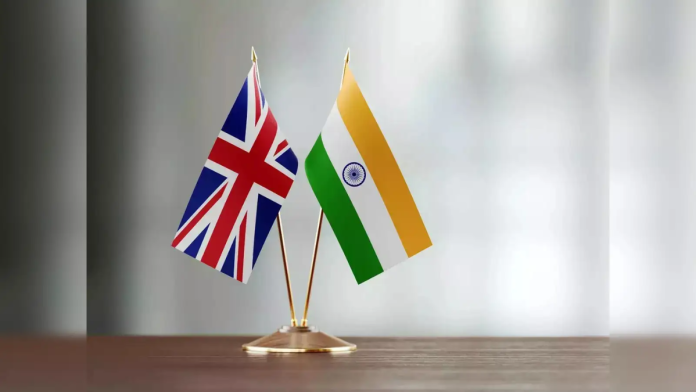India and the United Kingdom recently signed a historic Free Trade Agreement (FTA), marking a major milestone in their partnership. The deal promises to boost economic growth, open new opportunities for businesses, support innovation, and deepen trade relations between the two democracies. But as the ink dries on this major agreement, a different battle is taking shape—not in boardrooms or parliaments, but across newsrooms and social media feeds.
A surge of misinformation is clouding public understanding of the FTA, especially around the issue of affordable medicines and patent rules. Despite the FTA offering balanced terms that respect both countries’ legal frameworks, some media outlets and online platforms are circulating outdated or false claims. These narratives are not just misleading—they threaten to weaken trust in the deal and its long-term benefits.
A Landmark Deal Faces an Unexpected Challenge
False stories have begun surfacing that claim India has compromised its ability to produce and export low-cost generic medicines. These concerns focus mainly on the Intellectual Property (IP) chapter of the agreement. The claim is that India may be forced to change its national patent laws to fit foreign standards.
However, these claims are largely based on a leaked 2022 draft of the IP chapter, not the final, signed version. What’s more troubling is that many of the news articles published in 2025 appear to be copy-pasted from those old stories. Some of India’s most widely read platforms have repeated the same claims without verifying the updated terms of the FTA.
In reality, the signed agreement carefully protects India’s legal space. It allows India to retain its ability to issue Compulsory Licences (CLs) under Section 84 of the Indian Patents Act, 1970—a right that’s in line with the TRIPS Agreement and the Doha Declaration on Public Health. So far, India has issued just one CL for the cancer drug Nexavar in 2012, and the FTA places no new restrictions on that process.
Misleading Claims on Medicines and Patents
The FTA does refer to voluntary licensing, but this is not new or binding. It simply recognizes global best practices that encourage cooperation between patent holders and medicine manufacturers. It does not take away India’s right to act independently in the interest of public health.
Despite this, a joint letter was sent on April 7, 2025, by activists from groups like Trade Justice Movement, Global Justice Now, and Health Poverty Action to Jonathan Reynolds, Secretary of State at the UK Department for Business and Trade. The letter raised concerns based on the old 2022 draft. While such concerns may have been expressed in good faith, media reports that followed often failed to clarify that the final signed agreement does not include the worrying provisions mentioned in that old draft.
💣 $87 billion in danger — Trump’s 25% tariff plus penalty sends shockwaves through Indian businesses
What’s more, these narratives have spilled over into Chinese-language social media as well, suggesting a broader push to sow doubt around the agreement. The exact source of this campaign is hard to pinpoint, but its spread shows how powerful and fast misinformation can be in the digital world.
Media Missteps and the Role of Social Platforms
Clickbait headlines, fear-driven stories, and unchecked facts have become part of modern journalism, especially in the online space. Many outlets have chosen to publish dramatic stories over responsible reporting. This trend is particularly dangerous when it comes to complex subjects like international trade agreements, where even small misinterpretations can cause public panic or policy resistance.
In the case of the India-UK FTA, the result is clear: a strong and mutually beneficial deal is being overshadowed by a flood of unverified claims. People are reading headlines that suggest India gave up its public health safeguards, when in fact those safeguards remain fully intact.
As both countries prepare to implement the agreement, this battle against misinformation is just beginning. The challenge now is ensuring that verified, simple, and clear information reaches people—so that they can form opinions based on facts, not fear.


